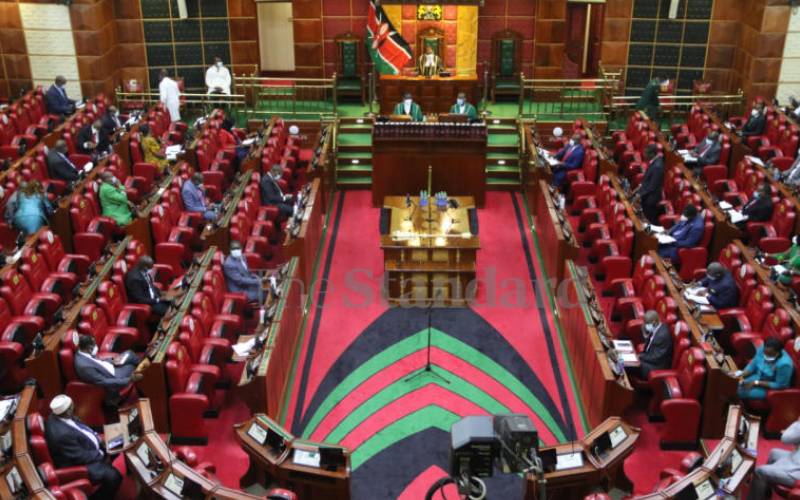×
The Standard e-Paper
Join Thousands Daily

The mileage allowance for MPs varied between Sh650,000 and Sh4 million each. [Elvis Ogina, Standard]
Members of Parliament are on the spot once again over fictitious mileage claims amounting to more than Sh11 million.